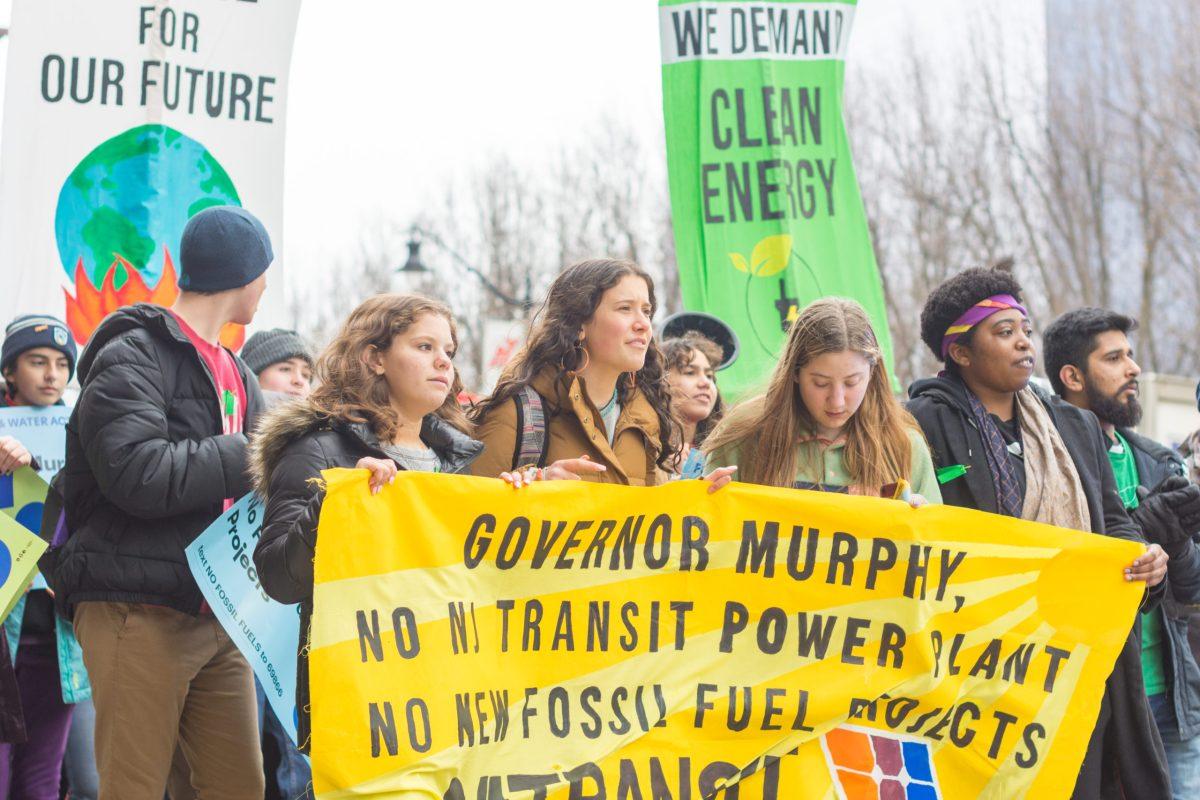Last semester, in an article titled “NJIT Embraces Sustainability,” Vice President for Real Estate Development and Capital Operations Andrew Christ was asked what NJIT’s largest contribution to carbon pollution is. “Most likely the largest contribution to [NJIT’s] carbon footprint is transportation” Christ said, “It’s people commuting to campus… that’s our largest area of carbon generation. However, it’s also probably the hardest area to change.”
NJIT has made efforts to address such issues—you may have seen electric vehicle charging stations at the Summit Street Parking Deck—but such a solution only works if a commuter has the ability to buy an expensive electric vehicle and, as such, overall progress against car-based pollution is slow-moving since the car industry is a business model of long-term purchases and an extensive second-hand market. It may be many years until the last of the gas-guzzling cars is off the road.
I, for one, drive a 1999 Mercury Grand Marquis that I bought in high school for under $2,000. Far from a Prius or a Tesla, my 4.6 liter V8 engine gets me 17 miles per gallon on average. Walking through the parking decks at any given hour and looking at the menagerie of parked cars shows that I’m far from alone in having an inefficient vehicle.
However, there are still several ways to get the most out of these old cars and still make a positive impact on the environment.
- Maintain speed
- Hard acceleration is costly on fuel. This is partially why fuel economy dips significantly in cities and traffic—constant starting and stopping. Taking your time to accelerate in city or traffic conditions and using cruise control to maintain a constant speed on highways maximizes fuel efficiency. Also, taking your time in accelerating means you won’t have to slam on your brakes to stop quickly, thus increasing the lifespan of your brakes and your tires.
- Avoid speeding
- Though it varies between cars, the U.S. Department of Energy says that gas mileage decreases rapidly at speeds above 50mph, and quickly. This is mostly due to the increased air resistance at higher speeds since going faster means your car has to push away more air in the same time to move through. A five or ten minute savings in time could cost you 10 miles per gallon or more on your fuel efficiency.
- Car maintenance
- Make sure to change your oil and fill your tires with air to your car’s optimal settings as recommended by the manufacturer. Clean engine oil keeps the engine running smoothly, which means you’ll get maximum efficiency from it, and having deflated tires increases tire-road contact which unnecessarily increases resistance.
- Don’t Idle
- The last car in the United States that used a carburetor to mix air and fuel was a 1994 Isuzu light truck. Carburetor cars had to be idled before use in order to work properly, but since then, all cars on the road have been using electric fuel injection systems that work at any temperature. Instead of leaving your car running in the driveway in the winter, a few minutes of low-speed driving toward your destination is better at warming up your car and is actually better for your engine since the oil is circulating.
- Heating and Air Conditioning
- While heat is radiated from the heat of the engine, air conditioning uses some of your gas. At speeds of 40 mph and lower, opening your windows for a breeze doesn’t significantly affect your aerodynamics but does cut down on unnecessary air conditioning. At higher speeds, using a vent setting if your car has one alongside moderate air conditioner use provides cool comfort without killing your gas mileage.
With a changing climate, it is important to find small changes that make large impacts. On a campus of mostly commuters, small and inexpensive vehicle modifications and changes to driving habits can make a large and practical impact.






























